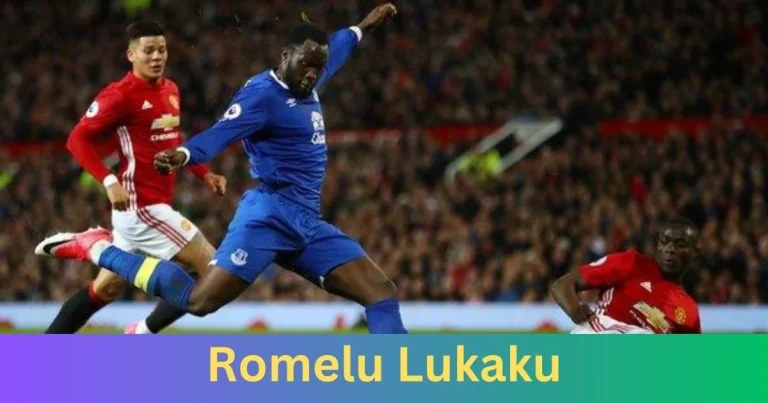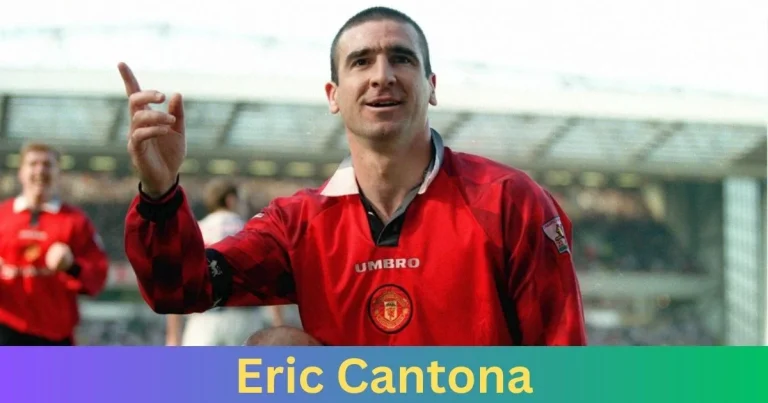Why Do People Hate Lance Armstrong?
The revelations about Armstrong’s doping destroyed his reputation and turned public opinion strongly against him. But why exactly do so many people hate Lance Armstrong? Here is an in-depth look at the key reasons behind the strong animosity towards him.
Lance Armstrong is one of the most controversial figures in sports history. The former professional cyclist won the Tour de France a record seven consecutive times between 1999 and 2005. However, in 2012, Armstrong was stripped of all of his Tour de France titles and banned from cycling for life after an investigation revealed he had been doping and using performance enhancing drugs (PEDs) throughout his career.
Reasons for the Hatred Towards Lance Armstrong
He Lied and Denied Doping for Years
One of the biggest reasons why people hate Armstrong is that he vociferously lied about and denied doping for many years. When accusations first started surfacing in the late 1990s and 2000s, Armstrong aggressively hit back and claimed he was clean. He even went as far as suing people who accused him of doping.
For over a decade, Armstrong was adamant that he won all his Tour de France titles fairly without any PEDs. However, this was all an elaborate fabrication. The 2012 investigation overwhelming showed that Armstrong had been systematically doping throughout his cycling career.
Armstrong’s repeated dishonest denials over the years and attempts to bully his accusers left a very sour taste and made people unwilling to forgive him.
He Attacked and Bullied Whistleblowers
Along with lying about doping, Armstrong also attacked, bullied and threatened many people who tried to expose his drug use over the years. This ruthless behavior towards whistleblowers and critics made Armstrong widely despised.
Former teammates like Floyd Landis and Frankie Andreu who spoke out against Armstrong were publicly smeared and vilified by him. Respected figures in the cycling world like Greg LeMond who voiced suspicions also faced Armstrong’s wrath. Even investigative journalists who probed Armstrong were subject to harassment and intimidation.
Armstrong’s power and influence in cycling enabled him to damage and discredit many of those who told the truth about his doping. This underhanded treatment of whistleblowers showed Armstrong’s vindictive and cruel side.
He Took Sponsor and Public Money Under False Pretenses
Another factor which bred hatred towards Armstrong is that he deceived people into giving him money under false pretenses. As the winner of the Tour de France from 1999 to 2005, Armstrong earned millions in prizes and sponsorship deals. However, this was all built on a lie, as he was doping to win those titles.
Armstrong also raised huge funds for his Livestrong cancer charity through public donations by portraying himself as a cancer survivor who won the Tour de France cleanly. Those feel-good stories made people support Livestrong. After the doping truth emerged, many felt deceived and that their money had lined the pockets of a fraudster.
He Tainted Cycling and Cost Other Riders
Lance Armstrong’s doping and Tour de France victories also had major negative ripple effects on professional cycling that made people very angry. His cheating forcedClean riders who rejected doping had their careers and potential wins ruined by Armstrong’s dominant doping-fuelled performances.
The years of lies also cast a dark cloud over cycling and caused sponsors to withdraw from the sport. Organizations like the Tour de France and UCI faced massive reputational damage from their inability to detect Armstrong’s doping. Overall, his deceit caused huge damage to professional cycling.
He Showed Little Remorse for Years
Another complaint about Armstrong is that he didn’t show real remorse about his actions for a long time after being exposed in 2012. His confessions of doping on TV interviews with figures like Oprah Winfrey came across as calculated and not genuinely remorseful.
Armstrong also avoided taking full accountability, suggesting he was just part of a doping culture and didn’t do anything out of the norm. His lack of contrition made people unwilling to forgive him. It was only years later in 2020 that Armstrong finally offered an unqualified apology. However, by then it was too late to redeem himself in the public eye.
Doping and Cheating Scandals Involving Armstrong
1999 Tour de France Doping Allegations
Table 1: 1999 Tour de France Doping Allegations Against Armstrong
| Allegation| Outcome | |-|-|-|
|Armstrong had tested positive for corticosteroids during 1998 Tour de France|UCI accepted Armstrong’s backdated prescription for saddle sore cream| |L’Équipe journalist accused Armstrong of doping | Armstrong sued for libel and paper had to pay damages| |WADA retested 1999 Tour samples in 2005 but found no conclusive proof|Armstrong maintained he was clean and had never tested positive|
2012 USADA Doping Investigation and Lifetime Ban
Table 2: 2012 USADA Investigation and Lifetime Ban of Armstrong
| Details of Investigation | Consequences for Armstrong| |-|-|-| |USADA had testimony from 10 former teammates about Armstrong’s doping | USADA banned Armstrong for life and stripped him of all results since 1998|
|Blood samples from 2009-2010 showed clear evidence of doping| Armstrong lost Tour titles, Olympic medal and other race wins| |Report documented years of performance enhancing drug use and doping |Sponsors dropped Armstrong, he stepped down as Livestrong chair|
Impact on Armstrong’s Reputation and Career
Stripped of Tour de France Titles and Olympic Medal
- Lost all 7 Tour de France titles from 1999-2005
- Stripped of 2000 Olympic bronze medal
- Erased from cycling record books
Lifetime Ban from All Sports by USADA
- Banned from competitive cycling for life
- Barred from participating in any sport under WADA jurisdiction
Loss of Sponsors and Income
- Dropped by major sponsors like Nike, Trek Bikes, RadioShack
- Stopped receiving bonuses and payments from cycling wins
- Income and net worth decreased substantially
Removal from Livestrong and Resignations
- Pressured to resign as chairman from his Livestrong cancer charity
- Stepped down from various positions like UCI foundation board
Reputational Damage and Public Backlash
- Transformed from inspirational icon to deception symbol
- Strong animosity from the public and cycling community
- Name and brand forever tainted by doping scandal
Frequently Asked Questions about Lance Armstrong’s Doping Scandal
When did Lance Armstrong confess to doping?
After denying doping for over a decade, Armstrong finally confessed to using banned performance enhancing drugs in a January 2013 interview with Oprah Winfrey. This admission occurred just months after the USADA released their damning report detailing Armstrong’s doping program.
What drugs and methods did Armstrong use to dope?
According to teammates and evidence, Armstrong used EPO, testosterone, corticosteroids and blood transfusions throughout his career to boost performance. He relied on an elaborate doping regimen to win the Tour de France for 7 straight years.
Did anyone go to jail for the doping program?
No, Armstrong himself did not face any criminal charges or jail time for doping. However, the federal government did file a civil fraud lawsuit against him in 2013 which was settled for $5 million in damages. His former team director Johan Bruyneel received a 10-year ban from cycling for his role.
Why did it take so long to catch and punish Armstrong?
Armstrong evaded detection for years through sophisticated doping methods, intimidation of critics and exploiting loopholes. USADA and WADA did not have the robust testing and investigative powers back then to counter his doping. It took former teammates testifying to finally build an irrefutable case against Armstrong.
Could Armstrong have won the Tour without doping?
It is highly unlikely Armstrong could have won even one Tour de France without doping, let alone seven. The era when he competed included widespread doping. Without using PEDs, Armstrong would not have been able to keep up or recover from grueling stages. His former teammates testified that he did not have Tour-winning ability without drugs.
Conclusion
In the end, Lance Armstrong’s jaw-dropping lies and deception made him one of the most disgraced athletes ever. The arrogance and callousness he displayed in trying to conceal his doping alienated people who once admired him. His cheating also severely damaged the entire sport of cycling for years.
Sadly, his downfall remains both a cautionary tale and an example of wasted talent and potential. While Armstrong has sought to redeem himself in recent years through opening up about his mistakes, he may never be able to fully repair his tattered reputation.





